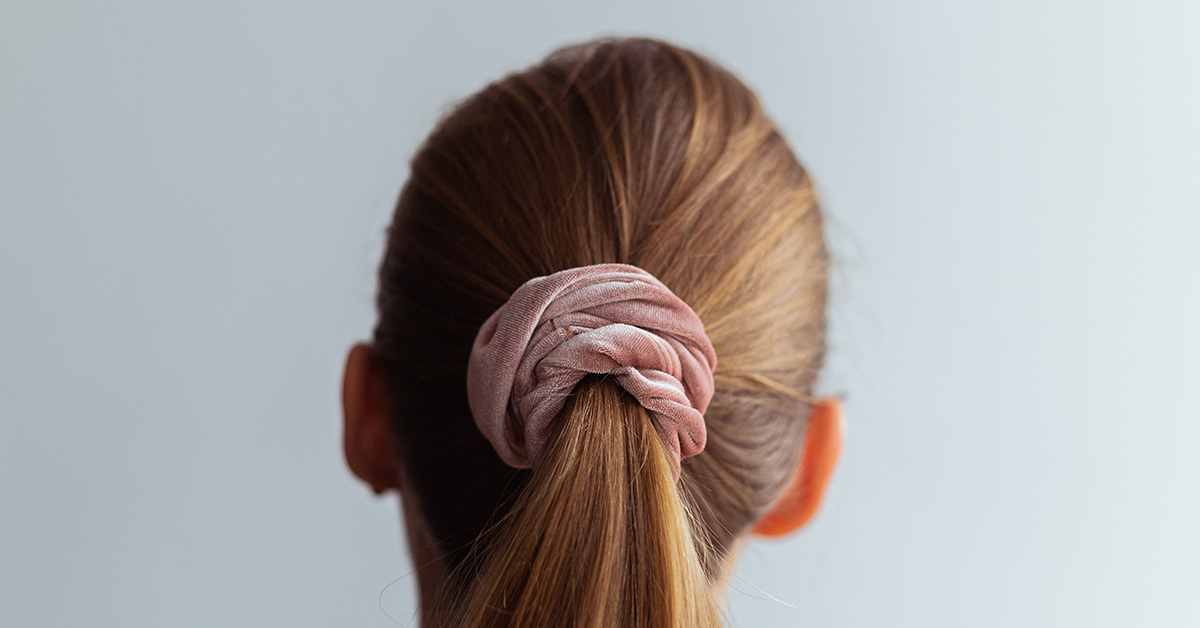It’s no secret that being a woman can be tricky. On top of a mountain of other things, we constantly have to consider our personal safety when out alone. This 18-year-old girl from Canada shared her favorite life-saving tips for women on TikTok. How many of these have you considered?
Teen Shares Life-Saving Tips For Women
She may be young, but she’s got some really great advice. 18-year-old Spencer Barbosa shared her top life-saving tips for women in a video on TikTok. The video now has 1.3 million likes and almost 27 thousand shares. Her tips are based on things she has seen other women do, especially young women, potentially putting their lives at risk.
1. Take The Elevator
The young woman began by explaining that, according to statistics, more attacks happen in stairwells than in elevators. She said that when you are alone or if you have any inkling that something is off, take the elevator rather than the stairs.
2. Don’t Keep Your Car Keys By The Front Door
This one is especially for those ladies who live alone. Many of us keep our car keys near the door. After all, it makes sense, doesn’t it? According to Barbosa, a better place to keep them is on your bedside table. This way, if you suspect someone is trying to break in at night time, you can grab your keys and hit the panic button. The car alarm going off suddenly will likely scare the intruder away.
3. Don’t Wear A Ponytail While Out Running Alone
Many of us enjoy going out for a jog to get some exercise. I’d wager that most of the time, the majority of us tie our hair up in a ponytail to keep it back off our face and neck while running. Barbosa says that we shouldn’t wear our hair this way when running alone. This is because it is far too easy for an attacker to use it to pull us to the ground.
4. Don’t Overshare On Social Media
“Do not overshare on social media. I see so many young girls sharing their locations, telling people they’re home alone, just don’t,” she stated in her video.
You should never, under any circumstance, allow people to know that you are home alone. It is also important to make sure that you are hard to trace or follow. If you are constantly updating your Instagram with everything you are doing and everywhere you are going, it is easier for someone to learn your routines and frequented places. Once they know this, you are an easy target.
5. Show Your Face
Barbosa explained that if you are out by yourself and you feel as though you are being followed, turn around and face your potential attacker. Once they see your face, they will be less likely to follow through with their original intent.
“A group of rapists interviewed said that the target becomes less attractive to them after they’ve seen their face,” she explained.
6. Carry Hairspray
Her final tip is to carry a mini bottle of hairspray with you at all times. No, this is not to make sure that your hair is always in place. Rather, it is to protect yourself. Spray the stuff in someone’s eyes, and they will be focused on that pain for enough time for you to get away. It is legal and lightweight to carry around, so why not?
@spencer.barbosa it’s so sad that i even have to make this😔 #safety #personalsafety #lifesaving #advice #female
♬ Aesthetic – Xilo
The Bottom Line
There are a million and one things that you can do to ensure your safety while out or at home alone. Always take precautions, stay alert, and make sure someone knows where you are and how long you’re expected to be there. If something were to happen, the sooner someone figures out you’re missing, the faster help can arrive and the better the outcome will be.
Keep Reading: ‘We’re constantly asked for pictures’: Teen researches why sending naked pics is now normal
Sources
- spencer barbosa. TikTok.
Attention: The content in this article is merely the opinion of the individual being covered in the story. Secret Life of Mom does not necessarily endorse or recommend any of what is said.

